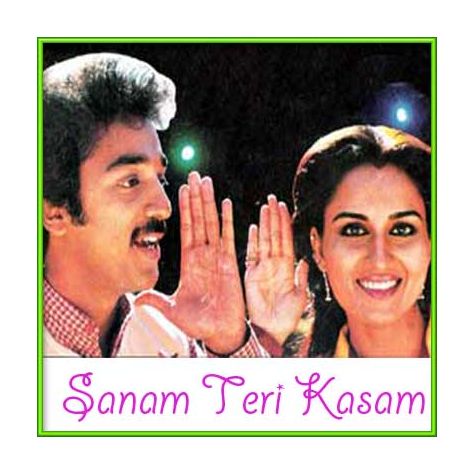

Let’s have a look at some of the most interesting of these, starting with the 1984 original.Click HERE for a complete listing of Cast & Crew He seemed to be happy that the case revived his career and he has never again sued anyone for sampling his tunes. But Lahiri made his ironic (and some would say hypocritical and opportunistic) point. Given his suit, this was a bizarre statement, to say the least. It’s a proud moment for Indian music and for the Hindi film industry.” When Addictive entered the Billboard Hot 100, Lahiri told an interviewer, “I feel very proud because no Indian composer before has made it to the US and UK top 10 charts. Nevertheless, his legal action stands as a landmark of sorts in the fascinating history of sampling, cultural appropriation and copyright. The suit succeeded in getting Lahiri and Lata Mangeshkar acknowledged as the originators of the track, but whether Lahiri collected his millions is uncertain. Lahiri demanded $500 million for the unlicensed use in Truth Hurts’ song Addictive of a 35-second snippet from a melody he created for the long-forgotten film Jyoti (1981). Dre, hip-hop artist Truth Hurts, producer DJ Quik and “the Americans” in general. In 2002, he filed a lawsuit against American rapper-producer Dr. But in the not too distant past, there were those who believed that unattributed and unauthorised borrowing of other people’s musical creations amounted to stealing.Īmong those was none other than Bappi Lahiri himself – at least on one occasion. It’s almost impossible to find a track that doesn’t echo, repeat or copy the beats, melodies or even words of another pop song. Nowadays, sampling is a part of popular culture’s DNA.
#BAPPI LAHIRI & SALMA AGHA RAR FREE#
Lahiri, the disco king of Indian cinema, has never hid the fact that he has built his reputation on free lifting of samples of other people’s music. Near the end of the film the song is reprised and this time the borrowing from Jackson is even more overt: leading man Mithun Chakraborty done up in Jackson’s famous red leather jacket recreates the King of Pop’s ghoulish moves in a misty, dark graveyard from which zombies (all those killed in the film thus far) emerge from the ground to attack Chandrabhan Singh. Jeena Bhi Kya Hai Jeena, one of the several catchy songs in the soundtrack, is an outright “sample” of Michael Jackson’s global megahit Billie Jean from his 1983 album, Thriller. Like the film’s characters, the movie’s soundtrack, composed by the larger-than-life Bappi Lahiri, too indulges in some thievery. She secretly records his boast that his father is responsible for the murder of her boyfriend’s father – an admission that is later used to entrap the villain and exact the family’s revenge. When Chandrabhan is suitably intoxicated and horny, Neena gets him to talk. After pouring him a big drink mixed with a powdered sleeping drug, she croons an enticing, jazzy number called Come Closer. In one critical scene, Neena, the pure-hearted nightclub dancer played by a young Salma Agha, seduces Chandarbhan Singh (Karan Razdan), a drunken scoundrel and son of the film’s chief villain. Everyone is intent upon stealing something from someone else, be it jewels, property or dignity. The 1984 disco-detective hit Kasam Paida Karne Wale Ki is a story about theft: planned, attempted, foiled and successful.




 0 kommentar(er)
0 kommentar(er)
